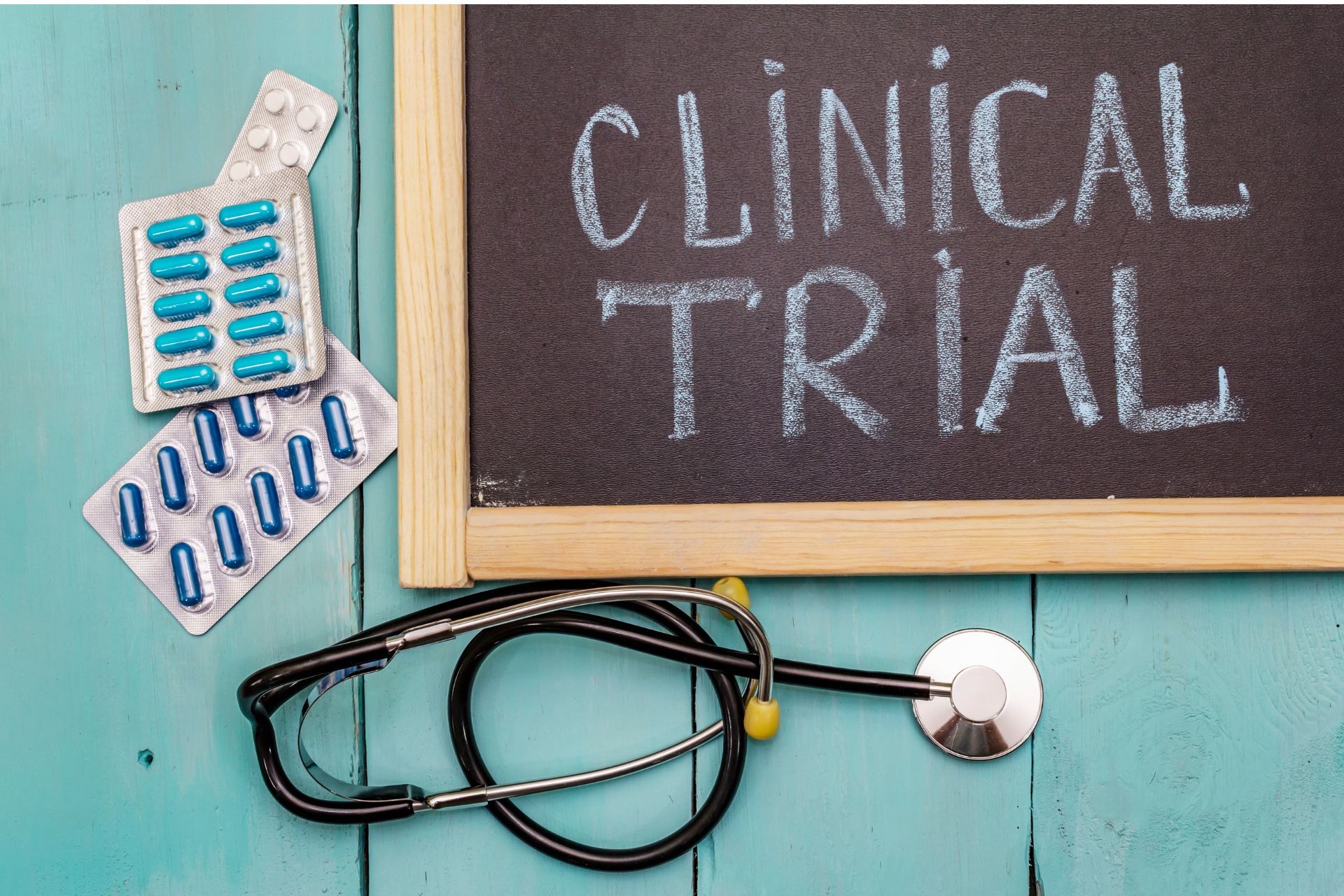Patient advocacy groups play a crucial role in providing support and guidance to individuals as they make difficult medical decisions, including whether to participate in clinical trials. As trusted sources of information and advice, patient groups have a responsibility to ensure that their guidance is well-informed and comprehensive. This is done, in part, by considering and communicating both the advantages and disadvantages of clinical trial participation.
Advantages:
- Access to Cutting-Edge Treatments: Clinical trials often involve experimental treatments or medications that are not yet available to the public. Participants, therefore, can gain access to free and potentially life-altering therapies that are more effective than their current options. For patients with diseases yet to have an approved treatment, this is even more of a draw.
- Contribution to Medical Science: By participating in a clinical trial, individuals contribute to the advancement of medical knowledge. Their involvement helps researchers gather valuable data to better understand diseases and develop and improve treatment options.
- Close Monitoring and Care: Participants in clinical trials typically receive close medical supervision and monitoring throughout the study period. This level of attention can lead to early detection of any adverse effects or changes in health status, allowing for prompt intervention if necessary. For many, the level of care provided in clinical trials is considerably better than the care that is available to them at home in terms of access to physicians and affordability of treatment.
- Potential Benefit from Experimental Treatment: While not guaranteed, participants may experience benefits from the experimental treatment being studied.
- Financial Assistance: Clinical trial sponsors may offer compensation to participants for their time and travel expenses, offsetting the costs associated with participating in the trial and making it more accessible to individuals from diverse socioeconomic backgrounds.
Disadvantages:
- Uncertainty of Outcome: Experimental treatments in clinical trials may not be as effective, or possibly less effective, than standard therapies.
- Uncertainty of Treatment: In most clinical trials, half the participants are in the placebo group. While a disadvantage, many of the larger clinical trials will provide an opportunity for participants in the placebo group to switch over to the treatment group; this is called an open label extension study.
- Potential Risks and Side Effects: Participants may experience adverse effects that may be different from those observed with standard therapy.
- Time and Commitment: Clinical trials typically require a significant time commitment from participants. This includes attending regular appointments, undergoing various tests and procedures, and adhering to study protocols. For individuals with busy schedules or other commitments, this can be challenging to manage. Further, most clinical trials tend to be in large urban areas and person may need to temporarily relocate to those areas to participate in the clinical trial.
Patient advocacy groups are increasingly providing guidance on clinical trial design and end points. Both affect recruiting, which in turn affects time required and validity of data.
In conclusion, patient advocacy groups serve as invaluable resources for individuals considering participation in clinical trials. By acknowledging the complexities and uncertainties inherent in clinical research, patient advocacy groups can help patients to make informed decisions about their health.

